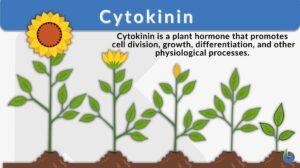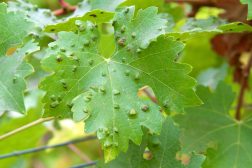Search Results for: gall
Gallbladder
Definition noun A small, pear-shaped, muscular, hollow organ responsible for storing bile, and for creating insulin in the... Read More
Courvoisiers law
Courvoisiers law This states that: in the presence of (obstructive)jaundice, if the gall Bladder is palpable, then the... Read More
Digestive Enzymes
Have you ever thought about what happens to the food after you have taken it into your mouth? How those big steak pieces... Read More
Digestion and Absorption of Food
The gastrointestinal (GI) system includes the gastrointestinal tract (mouth, pharynx, esophagus, stomach, small intestine,... Read More
Peristalsis
What is Peristalsis? Peristalsis is the series of involuntary, wave-like muscle movements in the cylindrical, hollow tube... Read More
Apicomplexa
Definition noun A phylum comprised of protozoans characterized by having a special organelle called an apical complex, and... Read More
Clonorchis sinensis
Definition noun A liver fluke species belonging to the family Opisthorchiidae of the Class Trematoda, and endemic in Japan,... Read More
Hypertonic
Hypertonic Definition Hypertonic is a term used to describe an entity being in the state of hypertonicity, where there is a... Read More
Plant Cell Defense
Hydrogen Peroxide Plants release hydrogen peroxide in response to the presence of a fungal invasion, which attacks by... Read More








